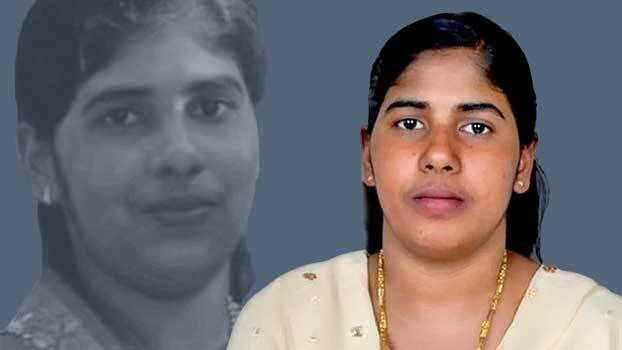

Execution Postponed, but Fate of Indian Nurse in Yemen Remains Uncertain
The execution of Nimisha Priya, a Kerala-born nurse on death row in Yemen, has been postponed from its scheduled date of July 16, offering a temporary reprieve. However, her life hangs precariously in the balance as the family of the man she was convicted of murdering has adamantly rejected all offers of reconciliation or financial compensation, insisting instead on the strict application of Qisas, or retributive justice.
The Crime and Conviction
Nimisha Priya, 36, was sentenced to death in 2020 for the 2017 murder of her Yemeni business partner, Talal Abdo Mahdi. According to Yemeni authorities, she injected Mahdi with a fatal overdose of sedatives in an attempt to retrieve her passport from him. It is alleged that she, along with another nurse, then dismembered his body and concealed it in a water tank. Since her conviction, diplomatic channels and her family have been working to secure a pardon.
The Unyielding Demand for Qisas
In Yemen's Sharia-based legal system, the path to clemency lies with the victim's family. They have the right to forgive the accused, often in exchange for diyah, or blood money. If accepted, this payment can nullify a death sentence.
However, this path appears firmly closed for Nimisha Priya. The victim's family has publicly and repeatedly rejected any form of mediation or monetary settlement. In a powerful statement on Facebook, Talal’s brother, Abdelfattah Mahdi, made the family's position clear. "Our demand is clear: Qisas, and nothing else, no matter what," he wrote, adding that no amount of pressure or postponement would change their stance. "Blood cannot be bought. Justice cannot be forgotten. Qisas will be done, no matter how long it takes."
The Principle of "An Eye for an Eye"
Qisas is a core principle in Islamic jurisprudence derived from the Quranic concept of "an eye for an eye." It grants the victim's family the right to demand a punishment equivalent to the crime, which in cases of murder is typically the death penalty. This principle is a codified part of the criminal law in several countries, including Yemen, Saudi Arabia, and Iran. While the law provides an alternative through diyah, the choice between retribution and reconciliation rests solely with the victim's kin.
In conclusion, the postponement of the execution provides more time for negotiation, but it does not change the fundamental challenge. Nimisha Priya's fate is not in the hands of the state or diplomats, but in the hands of a family that has, so far, chosen retribution over reconciliation. Their unwavering demand for justice under the law of Qisas remains the single, formidable barrier to saving her life.